MY first summer season at The Source Of Wellbeing is over. And it has given me huge insight into the ‘typical expats’ who move to southern Spain.
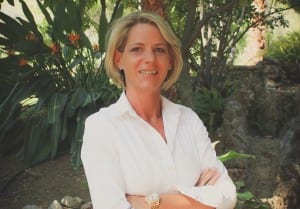 My conclusions about attitudes, behaviours and motivations will stir unease – maybe even rage – in some. But as a ‘change coach’ I am not in the business of being ‘nice’. I exercise ‘tough love’ so people can see their ‘reality’, giving them a fighting chance to change.
My conclusions about attitudes, behaviours and motivations will stir unease – maybe even rage – in some. But as a ‘change coach’ I am not in the business of being ‘nice’. I exercise ‘tough love’ so people can see their ‘reality’, giving them a fighting chance to change.
Be aware! Running away will eventually get you, even in southern Spain. So many people come here thinking it will change everything. What they seem to forget is that they can never escape from themselves.
Other people, places and things are not to blame for their circumstances, only themselves. For those unwilling to face up to the reality of what brought them to where they stand today, even the Spanish sunshine remains powerless to help.
Although many don’t even see the sun anymore. It’s blotted out by the dark cloud of gloom, doom, groaning and gossip that hangs over their lives, obscuring any feeling of gratitude for being lucky enough to live in this beautiful country.
And for a great many it gets worse over time – the lack of life purpose, the disconnection from old friends, job and family. Instead of asking themselves why they have the same nagging doubts they felt in their homeland, and becoming aware of attitudes and behaviour patterns that got them to this point, they turn to emotion-numbing substances such as alcohol or drugs. Or they flee into the world of ‘unrealistic’ spirituality, waiting to be saved by God / the universe / angels / a spiritual guru… you name it.
The problem here is only that the universal law of ‘free will’ hands the responsibility for your life straight back to you. No God or angel can live it for you or help if you are unwilling to accept that responsibility and become what we all are: co-creators.
Please, only contact me for assistance if you are ready to become a co-creator of your life. That means being ready to take back what is yours: responsibility and power over your life; to be willing to face all of you – the good, the bad and the ugly; to wade through the murky waters of emotions and shine the light of awareness into your dark corners.
That is the true path to becoming an ‘enlightened’ human being.

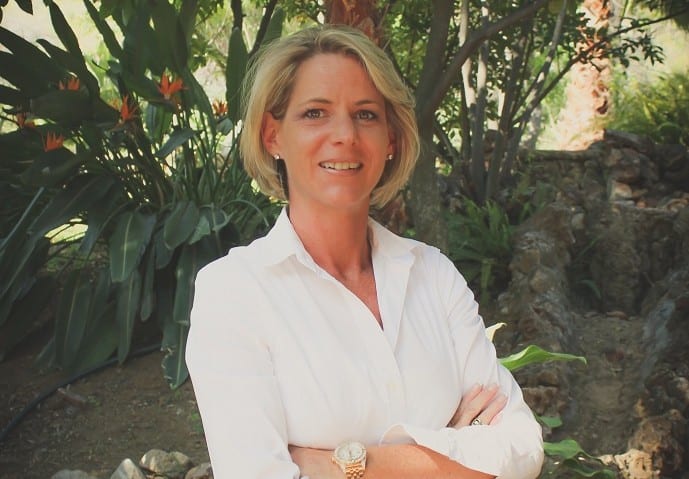

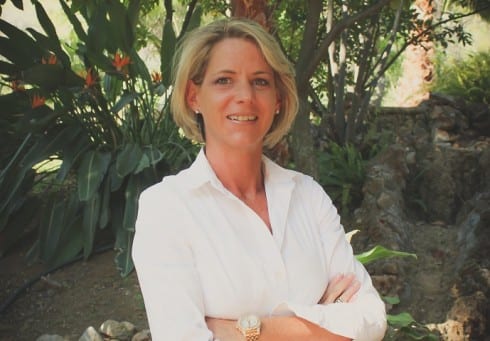

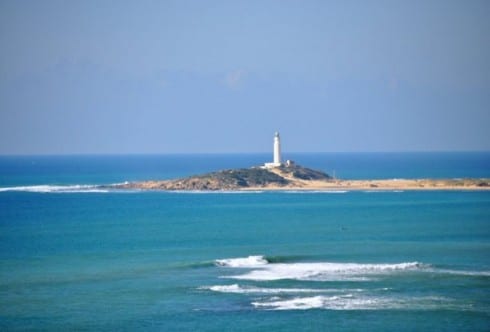
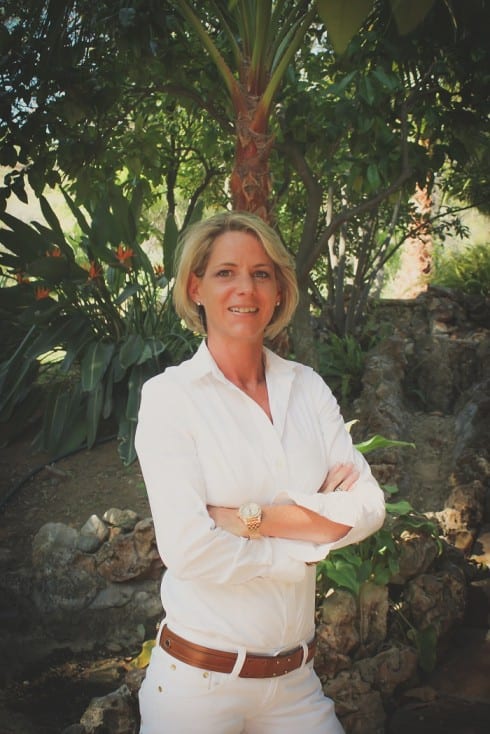
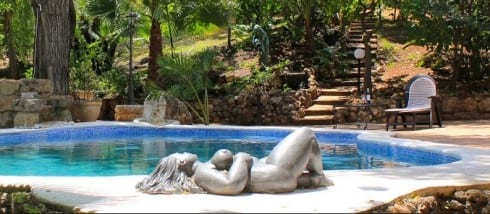


I largely agree with Ms. Willis’ observations and comments about social problems found, especially, in the expatriate communities in southern Spain. I live in northern Spain where the principle motivating factors for relocation do not tend to be chasing a lifestyle often intended to benefit from inexpensive alcohol, cheap restaurant food and, sadly, easy access to drugs. Lifestyle here tends more towards ecology, mountaineering and maintaining small farms. Nevertheless, there can be problems among us as well.
The notion that the ‘good life’ should include those aforementioned ‘benefits’ is evidence of the spiritual blur many people navigate in their retirement years. People feel a longing to fill the temporal emptiness of leisure and boredom, and may find companionship with people who have habits one wouldn’t so readily choose if there were other choices. This is especially true of those of us who do not speak adequate Spanish. Social structure in many parts of Spain values visible material wealth more than other human attributes. Traditional culture does not easily welcome foreigners into intimate familial circles.
Cults, charlatans and expensive habits can easily take advantage of alienation. This is how lonliness can play out. Marketing enterprises may tout a ‘good Spanish lifestyle’ which promises to fill that gap, the space where a healthy sense of one’s embodied self and honest human interaction should be. But alcohol, spending, drugs or cult groups will not make the longing go away.
So, I largely agree with the gist of what Ms. Willis’ has written.
But I also raise the question of whether that particular commercial enterprise is geared mainly to helping clients do serious self-work, or whether it is part of a larger marketing plan.
Of course, I don’t know the answer to this, and it certainly is not my intention to criticise what may well be a useful and honest service.
I only caution readers to do what Ms. Willis suggests: “That means being ready to take back what is yours: responsibility and power over your life; to be willing to face all of you – the good, the bad and the ugly…” That means, as a first step, examine yourself carefully before making any decisions. First, look at your social habits. As Willis rightly implies, your life is yours; you are not someone else’s commodity.